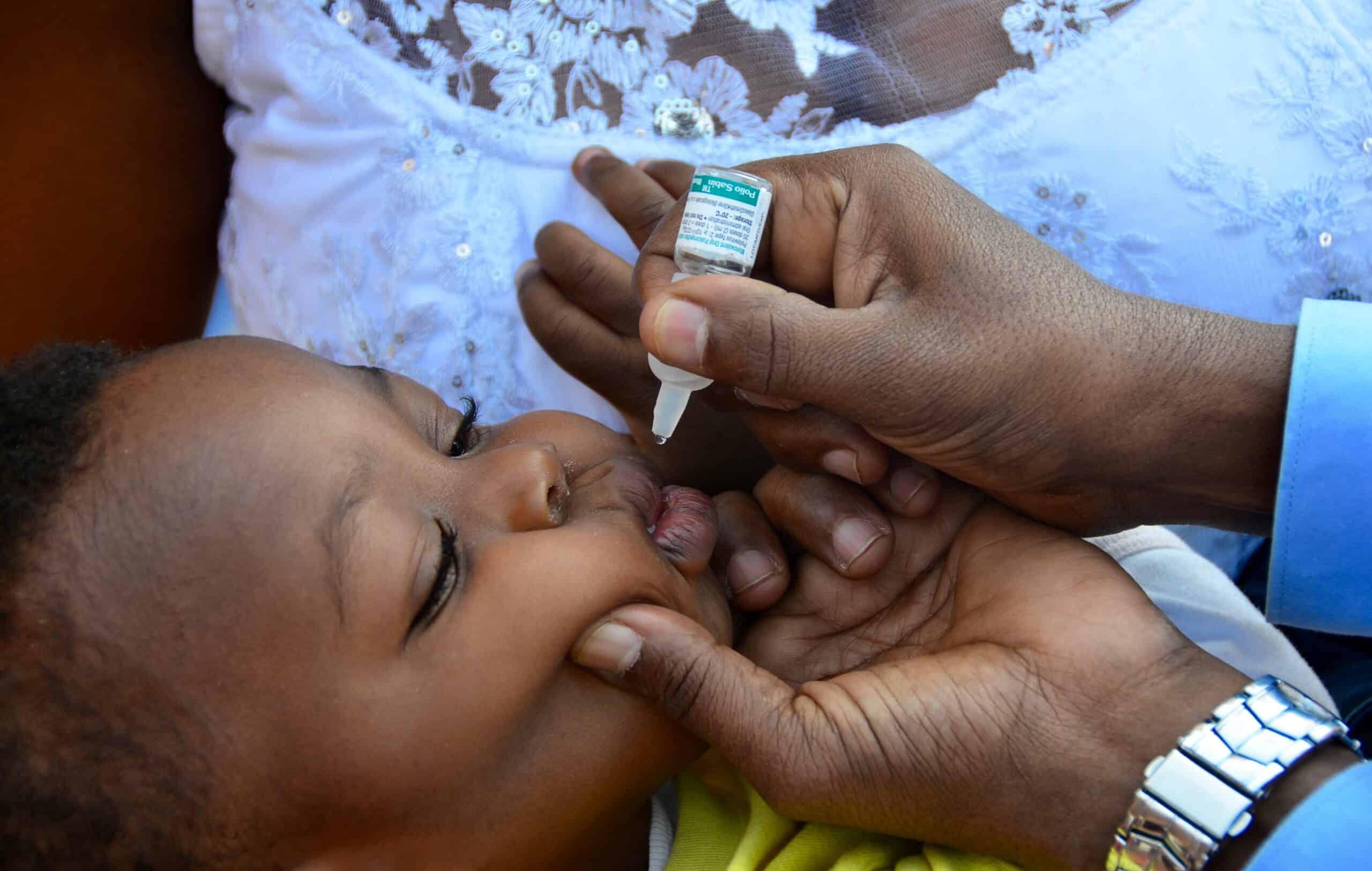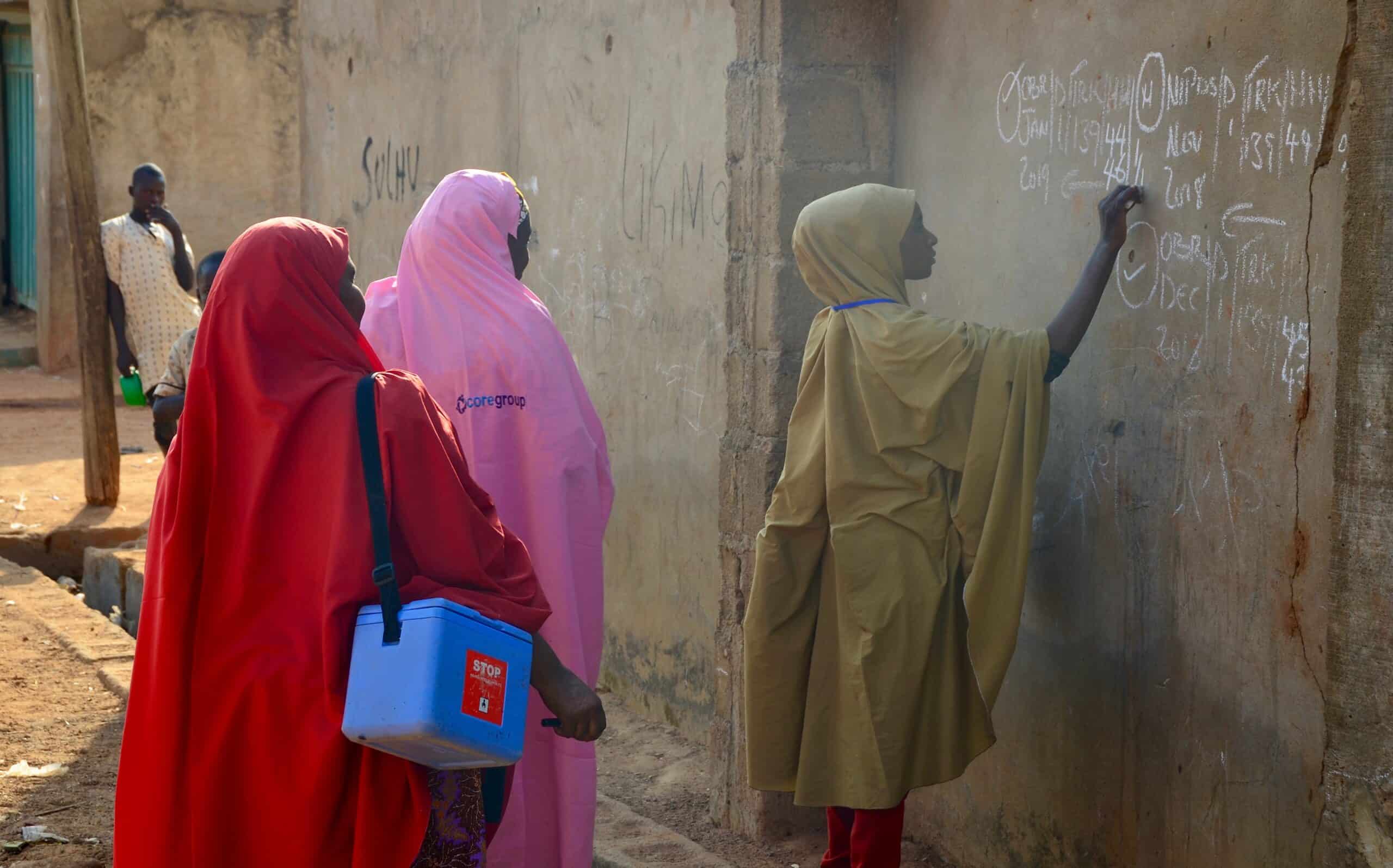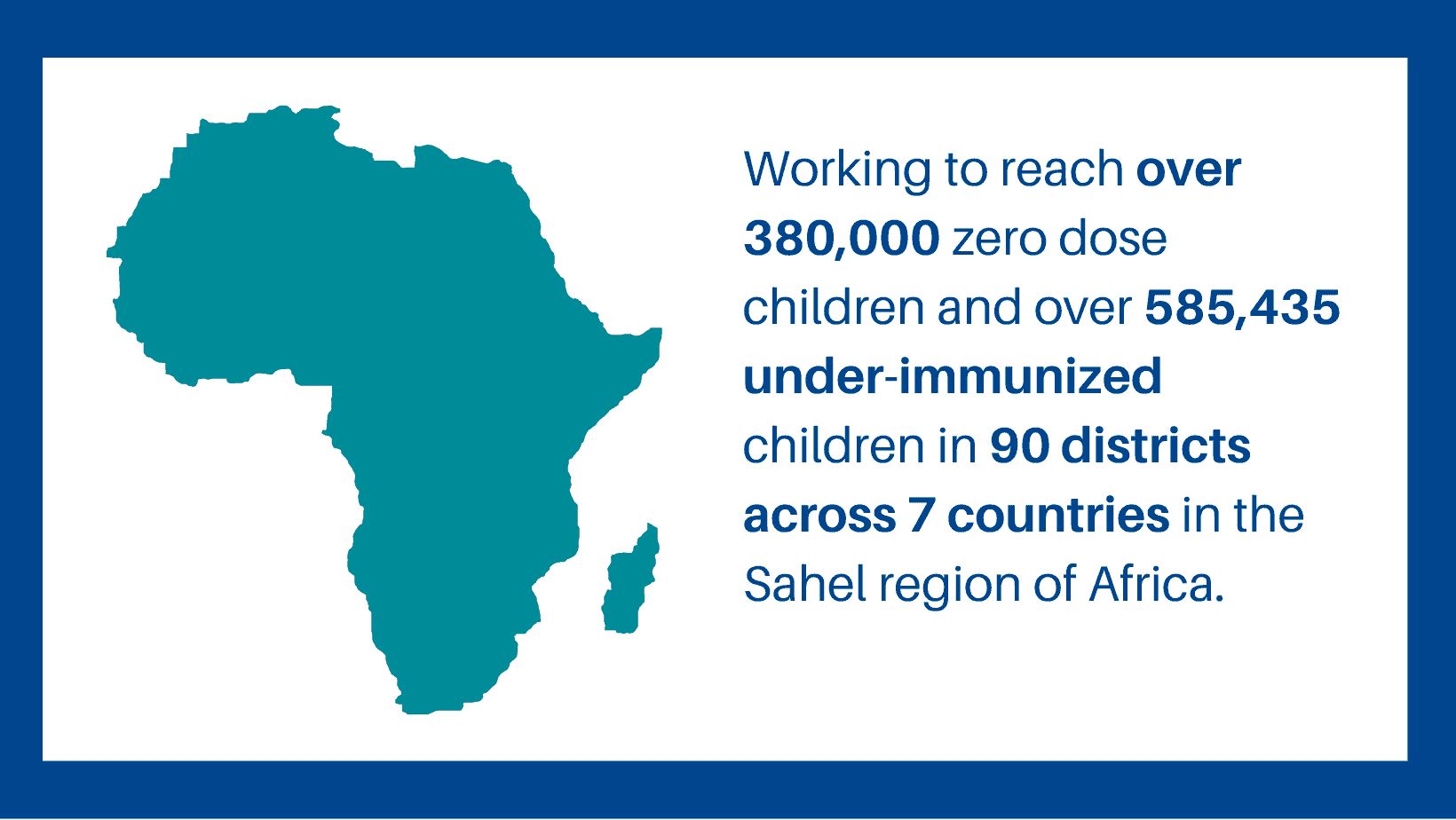Millions of children in the most vulnerable regions of the Sahel and the Horn of Africa are not receiving life-saving vaccines due to no or limited access to the health system due conflict, climate events such as drought and seasonal floods, and their effects on populations These communities are characterized by food insecurity, displaced peoples such as internally displaced persons or host communities, refugees and highly mobile populations, including cross-border migration.
Although there has been progress in making immunization more accessible to low-income communities over the last two decades, recent WHO/UNICEF WUENIC data shows that 25 million children worldwide did not receive one or more doses of life-saving vaccines in 2021. Of these children, 18 million have never been vaccinated at all, leading to high under-five mortality rates. This group of children is referred to as “Zero Dose Children,” and they are particularly concentrated in the Sahel and the Horn of Africa, where over 5.2 million of them reside across 11 countries.
The Gavi-funded Zero-dose Immunization Program (ZIP) seeks to help governments reach these vulnerable children.
The program will operate for the next two and a half years with the two consortia of organizations, RAISE 4 Sahel and REACH, with expertise in operating in complex contexts. The goal is to support governments in the Sahel and Horn of Africa to increase vaccine coverage and reach zero-dose children.
To achieve this, Gavi is taking a novel approach by partnering with non-traditional and diverse partners such as NGOs and CSOs to reach children in areas that governments cannot access, such as cross-border settings and conflict areas.

Photo credit: CORE Group Partners Project

Photo credit: CORE Group Partners Project
Gavi- funded RAISE 4 Sahel Project
Reaching and Adapting Immunization Services to Reach Zero Dose Children in the Sahel (RAISE 4 Sahel) is a Gavi, the vaccine Alliance-funded project (2022-2025) aimed at identifying reach Zero-Dose Children (ZDC) and Under Immunized Children (UIC) living in displaced, fragile, and conflict settings, who are often untraceable by governments in seven countries of Sahelian region: Burkina Faso, Cameroon, Central African Republic (CAR), Chad, Niger, Nigeria and Mali.
Children living in areas outside government reach, as well as mobile populations and refugees who move across borders will be prioritized in the outreach. The project will also address the broader community and health system causes as to discover why countries still have zero-dose children, and how services can be resilient despite the barriers of reaching ZDC and communities with other key essential services.
Achieve Equitable and Sustainable Immunization Coverage
The project will systematically identify and address gender, disability and social-cultural barriers to immunization (both on the demand and supply sides) to achieve equitable and sustainable immunization coverage.

Project objectives
RAISE 4 Sahel (R4S) will contribute to successfully meeting Gavi’s 2021-2025 Strategy Zero-Dose Immunization Program (ZIP) Goals by reaching children who have never received vaccinations completely or who have not received a full course of basic vaccines.
The project aims to design and implement evidence-based demand generation and health systems strengthening approaches. The emphasis will be on strengthening community systems including differentiated service delivery, testing new innovations and learning across countries and regions to contribute to addressing the global ZIP agenda.
A key pillar of Gavi’s 5.0 strategy for 2021 – 2025 is to narrow the equity gap by a 25% reduction in zero-dose children (ZDC) by 2025.
To ensure that every child receives the full complement of life-saving vaccines, R4S will adapt and tailor immunization strategies that prioritize client-centered, evidence-based service delivery to missed communities with an equitable approach.
Emphasis will be placed on integration with other interventions, gender mainstreaming and social inclusion, with added focus on persons living with disabilities and measuring impact on effective coverage. Recognizing the highly dynamic environments in the fragile and conflict settings and vulnerability of the ZIP populations, R4S will emphasize agile implementation guided by adaptive management and learning while supporting health system resilience.
World Vision US is leading the R4S consortium of organizations including the African Christian Health Association Platform (ACHAP), Food for the Hungry, CORE Group and other local partners to shine a light on immunization blind spots across Burkina Faso, Cameroon, Central African Republic (CAR), Chad, Niger, Nigeria and Mali. The project is being implemented in 90 districts across the 7 countries.
Gavi-funded REACH Project
Powered by a network of global and local partners, the REACH Consortium works to extend immunization services to those beyond the reach of government health systems and ensure that no child, wherever they live, is left behind.
The NGO-led model represents a paradigm shift by departing from the dominant top-down model that relies on the reach of national health systems and leverages NGOs and local actors who have the infrastructure, experience, and access to deliver services in humanitarian settings. In bringing vaccination services to missed communities, the REACH Consortium will not only help close the immunization gap but will connect zero-dose children and their families to other critical healthcare and humanitarian services—improving their health and well-being in both the immediate and long-term.
Project Objective
Reaching Every Child in Humanitarian Settings (REACH) is designed to deliver immunization services to zero-dose children and missed communities living in fragile, conflict-affected, and cross border settings in Ethiopia, Somalia, South Sudan, and Sudan. Led by the International Rescue Committee (IRC), the project operates as a consortium, drawing on the experience and expertise of a network of global and local partners to extend services to children living beyond the reach of government health systems.
Who Are Zero-Dose Children?Zero-dose children are those who have not received a single dose of the diphtheria, tetanus, and pertussis-containing vaccine—more widely known as children who have not had a single vaccine. In 2021, 18 million children were determined to be zero-dose.
These children account for half of all vaccine-preventable deaths. They are disproportionately located in conflict-affected, remote, and cross-border communities beyond the reach of government services. As a result, routine immunization is often one of many essential health services that are out of reach for zero-dose children, their caregivers, and their communities. |
